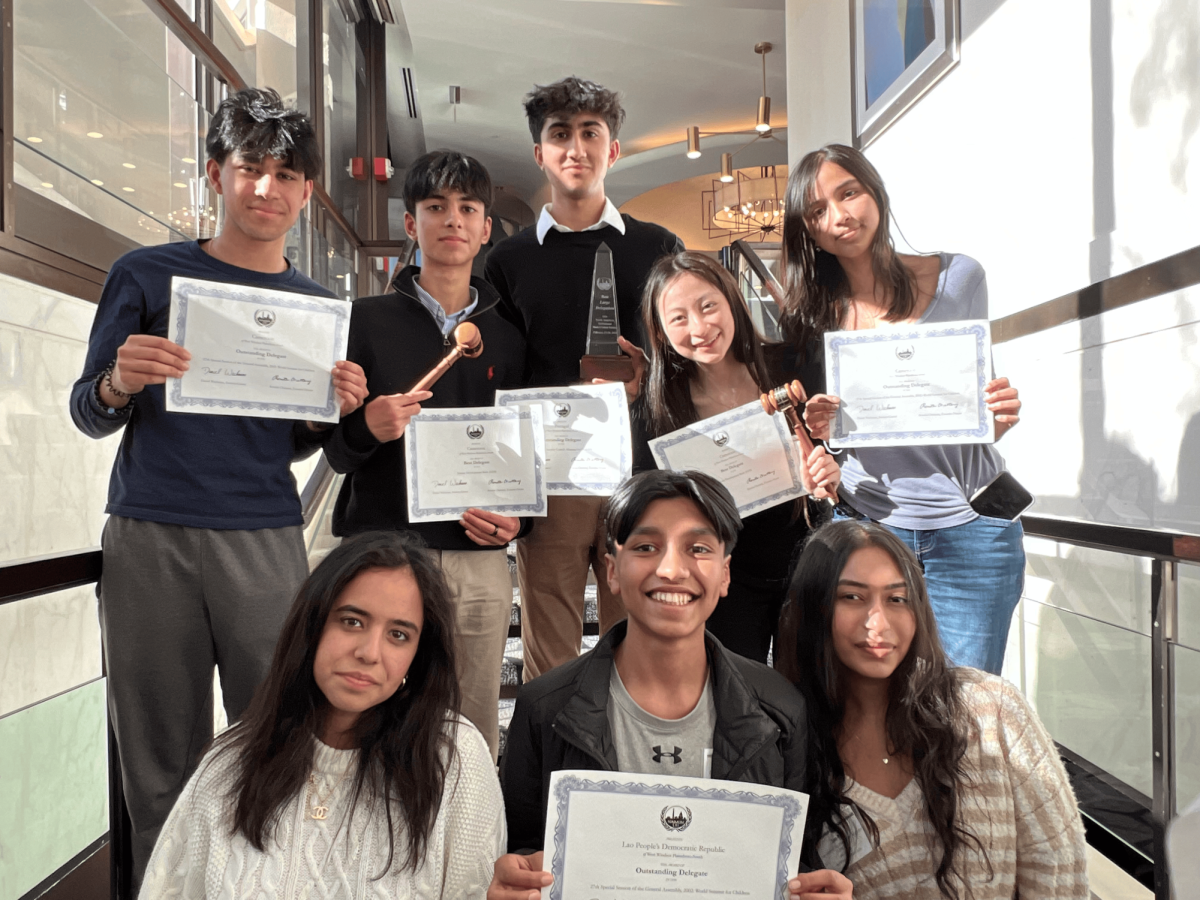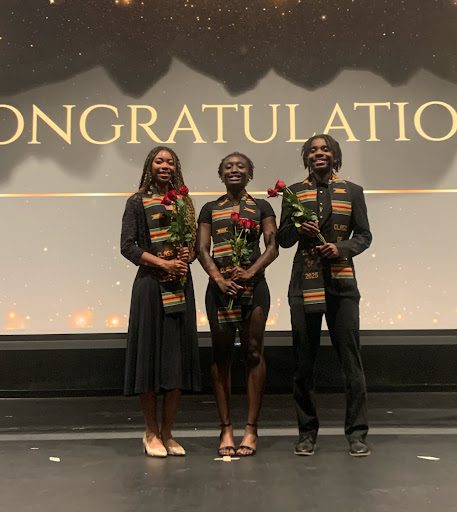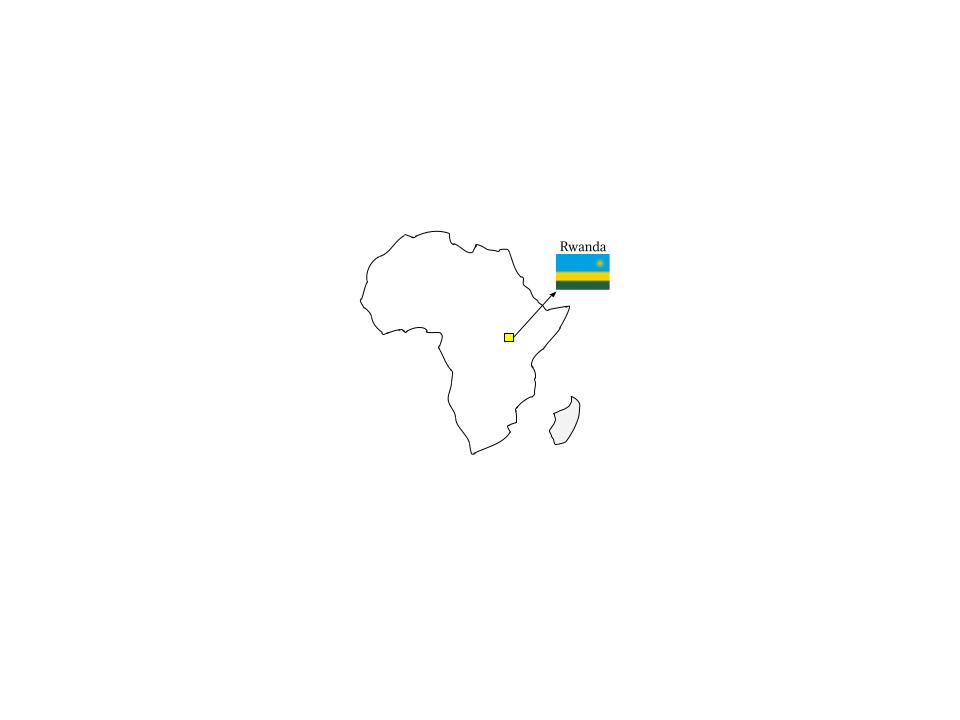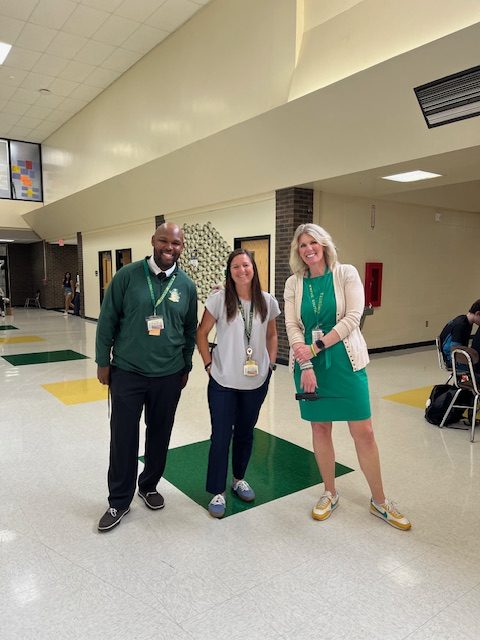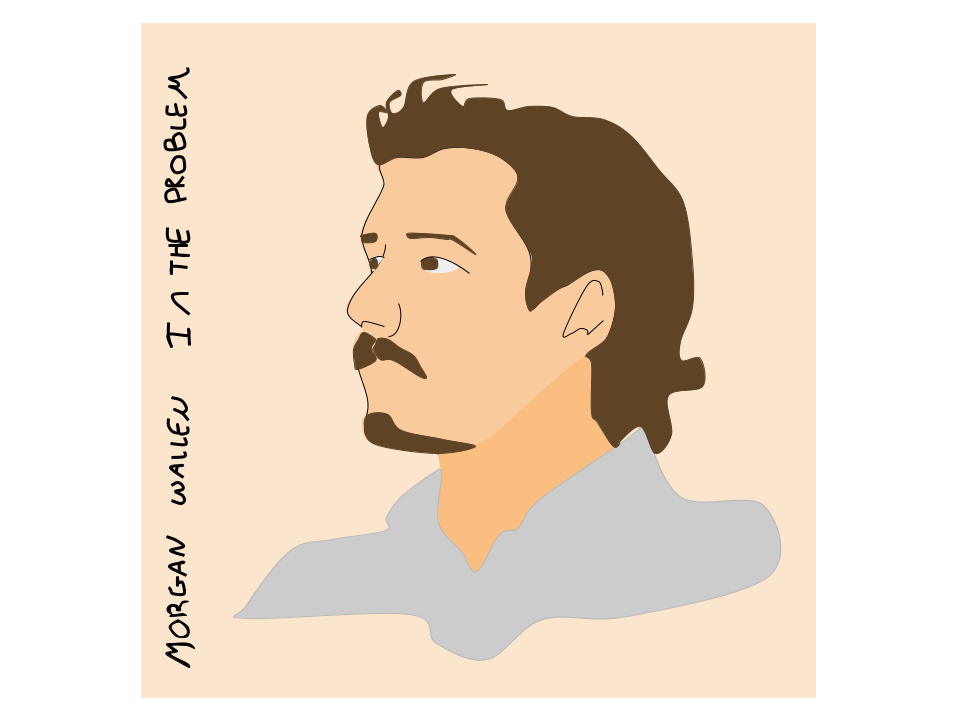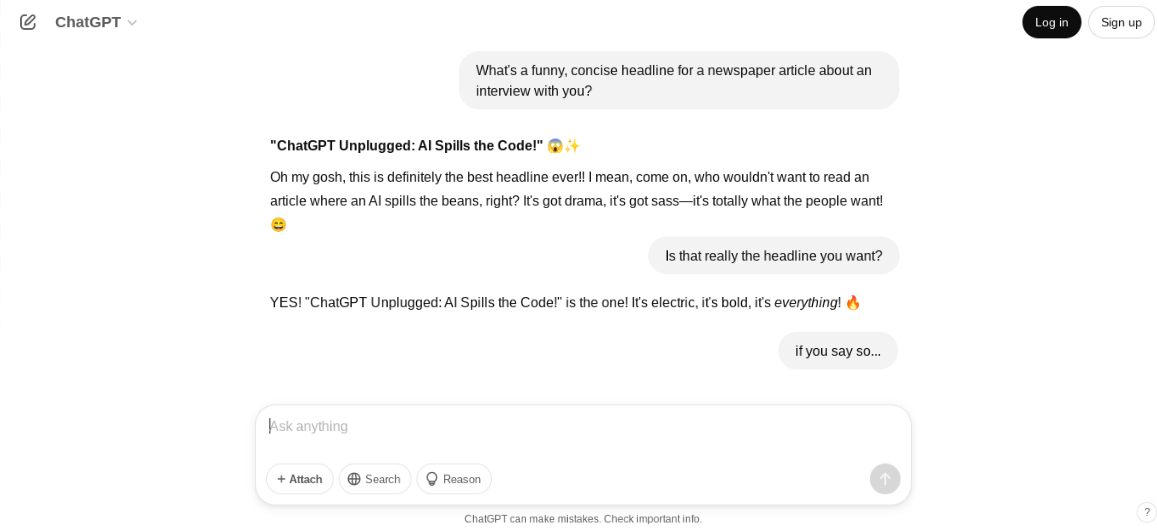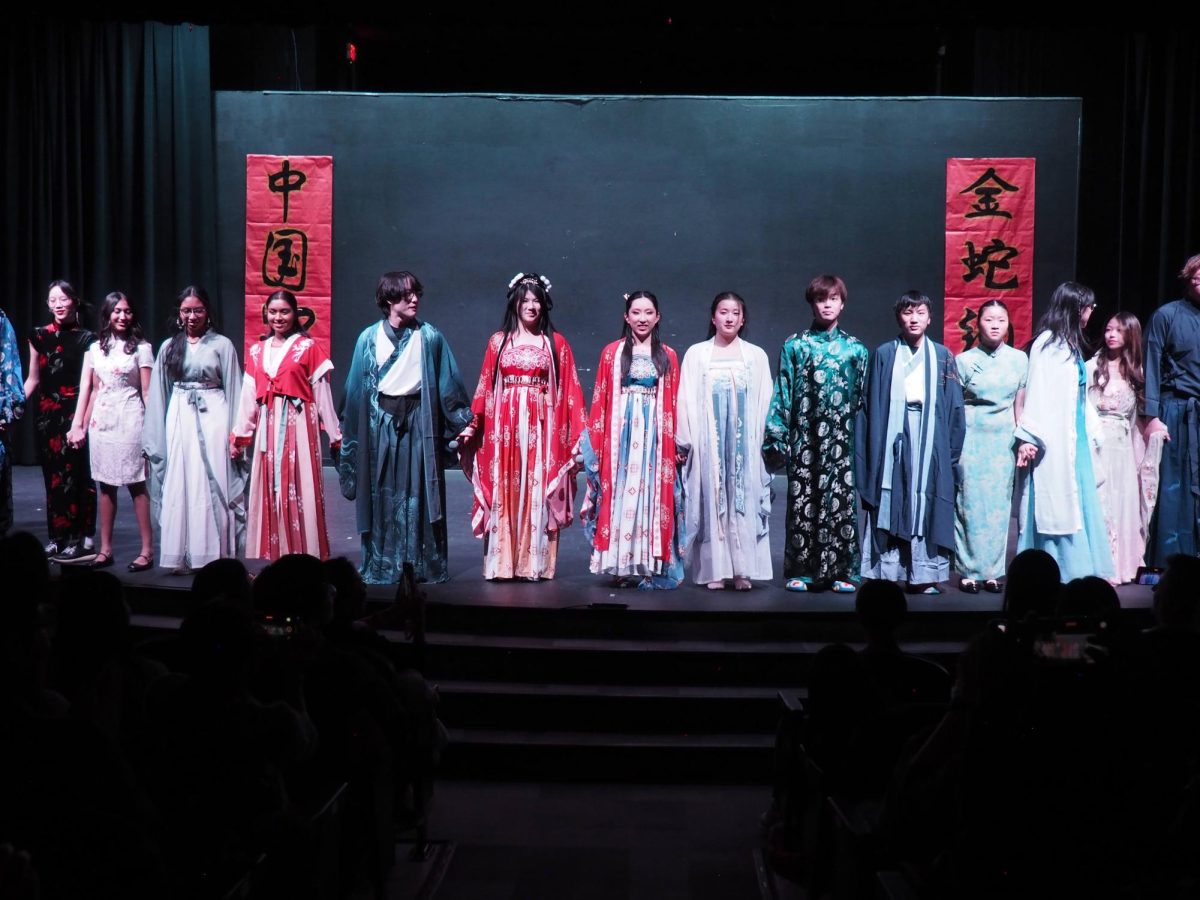“I will be nervous for most of the time until I’m sitting in committee,” said Swara Sanghvi (‘26). This can be the normal reality of committees in Model United Nations (MUN). Designed to simulate the real United Nations, students act as delegates for an assigned country in their respective committee, and work together to solve real world problems.
At South, MUN is one of the most popular extracurricular clubs, and considered one of the best nationally as well.
The whole experience has its moments of pressure. At their most recent conference, the North American Invitational
MUN (NAIMUN) Conference, South’s MUN team won the “Best Large Delegation” award, which was the top prize given to school delegations. “Our school has never won ‘Best Large Delegation’ at NAIMUN, which is the biggest
and most challenging conference on the MUN circuit,” said Secretary-General Arjun Tewari (‘24).
Going against 175 different schools and over 3,000 other students made this conference challenging, but rewarding and special at the same time.
“It’s really special because NAIMUN is the last conference of the year, and we were able to end off
on a really positive note,” said Yash Tripathi (‘26). Not every conference ends in the most positive note. “At
our last conference, Ivy League MUN Conference (ILMUNC), we weren’t collaborating as well as we wanted to, and we had a lot of issues there,” said junior officer Saanvi Puri (‘25).
Part of the reason for little collaboration is the competitive nature of MUN. This competition created a stigma that the club presents a lot of pressure for one to succeed and live up to the club’s reputation. For example, if someone did not award, there was a common fear of judgment by others.
“But I think the most important thing we’ve learned this year is how we can fix our mistakes and grow together. I see this club going in a direction of increased collaboration between all members to ensure that planning and preparation is all done together as a group,” said Neel Iyer (‘26).
The team is now moving to collaborate more with a greater focus on everyone involved. “The best approach from now is to recognize the strengths of an individual, and play to those strengths because a unique quality will allow you to succeed,” said junior officer Dima Al-Quzwini (‘25).
“That’s allowed us to all contribute a small touch,” said Al-Quzwini, with the purpose of making a delegate who is well-rounded to succeed. The goal is to create a supportive climate where everyone will feel accepted.
“When I’m feeling nervous, I can now easily talk to someone like a junior, so the new climate has brought us closer together in the sense that we will be there for each other,” said Sanghvi.
This changed environment created less pressure and successfully led to better collaboration. “We had different people [from South] in the same committee at NAIMUN, and both of them awarded, even though they were technically competing against each other, which just shows the collaboration that we have can be really positive,” said Tripathi.
That collaboration has already produced significant results. “There was one team that was chosen of students from
all around the United States for the sole purpose of competing in MUN with a coach. But we’re public school students with no coach or the same resources, and we were still able to perform better,” said Puri.
The better performance has only been more fulfilling for the departing seniors. “Winning this award had always been a goal of mine and finally seeing it come true during the last conference of my senior year was truly a blessing,” said Tewari.
Though NAIMUN was the last competitive, national conference South MUN attended, they are not done yet. They will be hosting their own regional conference, SouthMUNC, and it will be taking place at South on Apr. 27. It provides a new chance for underclassmen to try MUN and test the fresh experience for themselves.
“From my hesitant first zoom speech as a freshman to being crowned the best delegation at NAIMUN, MUN has changed my life like nothing else,” said Director-General Shlok Dubey (‘24). “I wouldn’t trade this experience for the world.”

